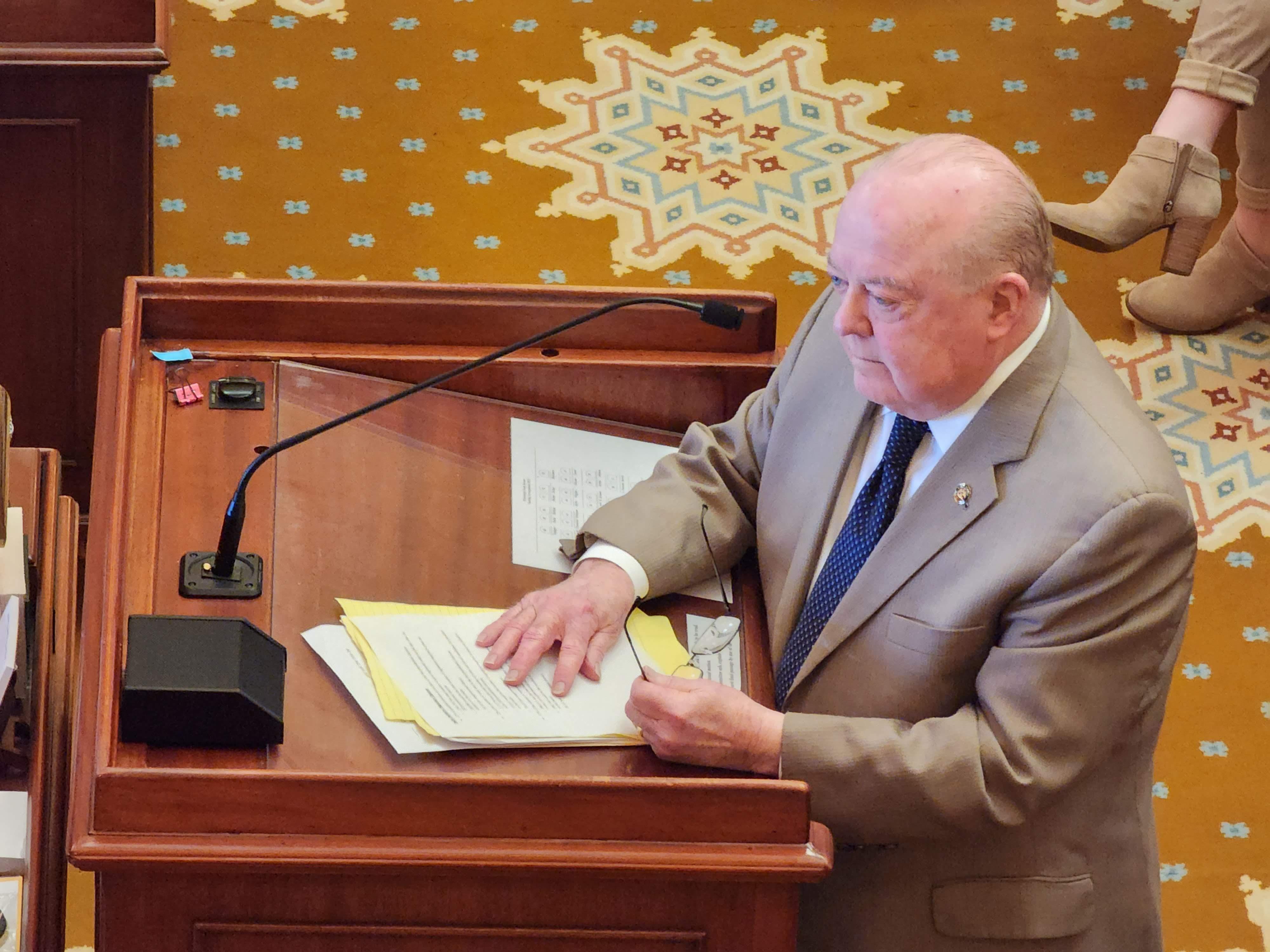Mississippi’s House has not taken up any bills this year to revive the ballot initiative process, but Senate Concurrent Resolution 533 will create a new system for citizens to pass laws. This new proposal would replace the old process for amending the state constitution with one that modifies statute.
“Mississippi does not need a constitutional amendment process by the people separately. It needs to have the ability to be statute only, where it can be changed,” says Republican Senator John Polk of Hattiesburg.
Senator Polk says the two chambers have not met to discuss plans for a new method. He says this proposal would limit the power of the initiative process.
Polk continues, “If we had passed the medical marijuana if it had not been ruled unconstitutional, it would have been even more disastrous than what we’re facing right now with inabilities for state agencies to perform.”
The measure garnered bipartisan support in the chamber, but there was pushback from some lawmakers on the current language.
Democratic Senator David Blount of Jackson says he does approve of the new statutory process, but he disagrees on the number of signatures needed to get a measure onto the ballot. He says the old process required a number of signatures equal to 12% of votes cast in the most recent gubernatorial election, but this proposal would change it to 12% of all registered voters.
“The number of signatures required is going to go from about 107,000, to 250,000. In addition, you’ve got 12 months right now to get those signatures, under the committee substitute you’ve only got 9 months. The current initiative process requires a majority vote, just like any constitutional amendment that comes out of here. The proposal that’s come out of the committee substitute is two thirds of the vote. Donald Trump didn’t get two thirds of the vote in Mississippi. He got 60%,” says Blount.
The Senate passed the resolution with only four votes against, and later passed a companion bill necessary to keep the measure moving forward.




